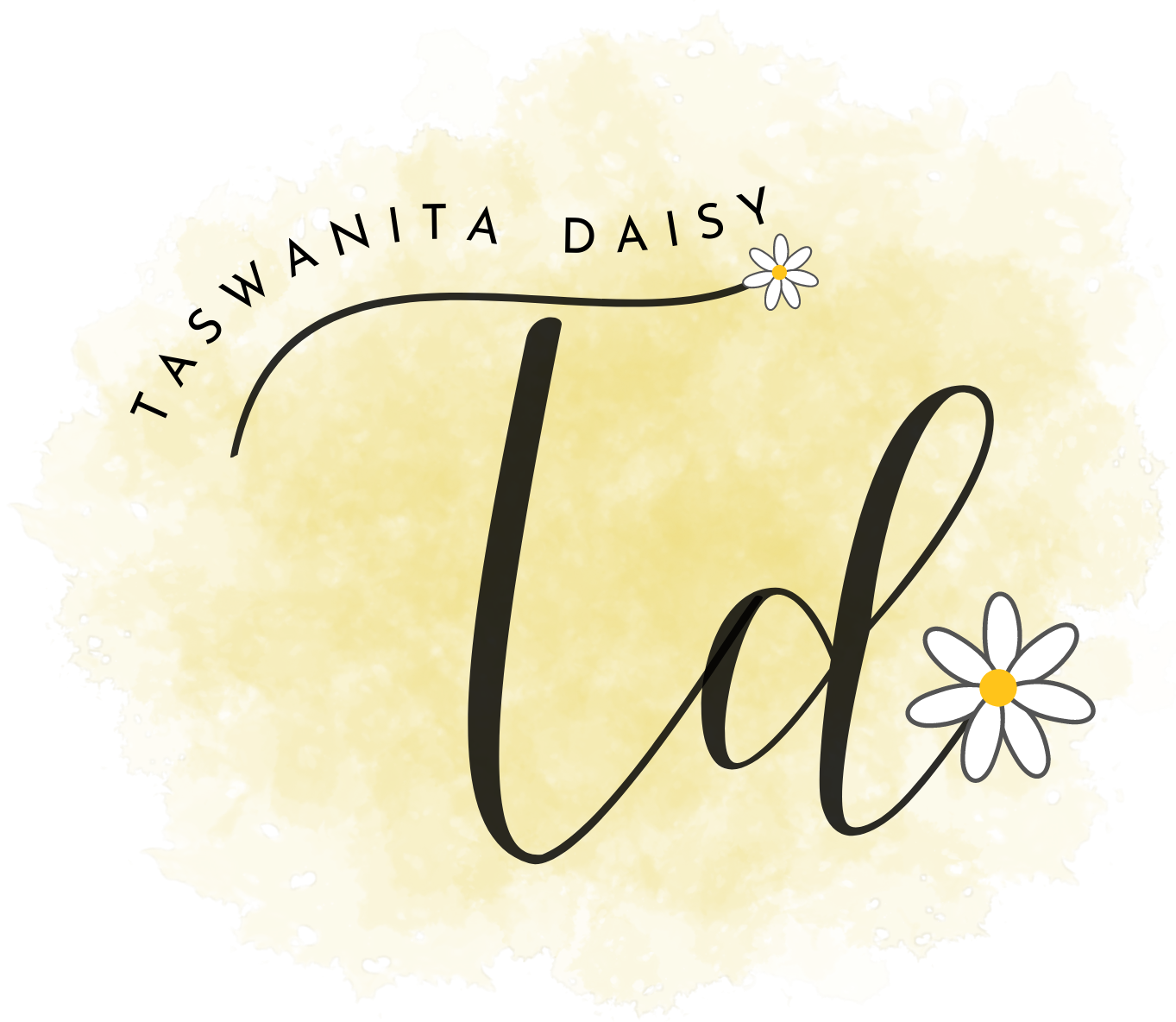The decision between IVF and adoption is significant for many individuals and couples hoping to expand their families. While IVF offers a biological connection to the child, adoption provides an opportunity to offer a loving home to a child in need. Each path presents its own set of challenges and rewards, making it essential for prospective parents to carefully consider their options.
IVF can be an emotionally and financially demanding process, often requiring multiple attempts and considerable resources. In contrast, adoption can involve extensive legal processes and waiting periods but may lead to immediate fulfillment for those looking to parent. Understanding the nuances of both paths allows individuals to make informed choices that align with their values and circumstances.
Ultimately, the choice between IVF and adoption is deeply personal, shaped by factors such as financial situations, emotional readiness, and personal beliefs about parenting. Exploring these avenues further can equip hopeful parents with the insights they need to navigate their unique journeys.
Understanding IVF
In vitro fertilization (IVF) is a medical procedure that assists individuals and couples in conceiving a child. It involves several steps and considerations that are crucial for anyone exploring this option.
Definition of IVF
In vitro fertilization (IVF) is a reproductive technology that involves the fertilization of an egg with sperm outside the human body. This process typically occurs in a laboratory setting. The fertilized egg, known as a zygote, can then be transferred to the uterus to establish a pregnancy. IVF is commonly used by those facing infertility issues, including advanced age, medical conditions, or unexplained infertility.
The IVF Process
The IVF process involves several distinct stages:
- Ovarian Stimulation: Hormonal medications stimulate the ovaries to produce multiple eggs rather than the usual single egg.
- Egg Retrieval: Once the eggs are mature, a minor surgical procedure retrieves them from the ovaries.
- Fertilization: Retrieved eggs are mixed with sperm in a laboratory to facilitate fertilization.
- Embryo Culture: The resulting embryos are monitored and cultured for several days.
- Embryo Transfer: One or more healthy embryos are selected and transferred to the uterus.
- Pregnancy Test: After about two weeks, a blood test is performed to determine if implantation occurred successfully.
Success Rates and Factors
Success rates for IVF can vary widely, typically ranging from 20% to 40% per cycle, depending on several factors:
- Age: Younger women tend to have higher success rates due to better egg quality.
- Reason for Infertility: The underlying cause can influence outcomes.
- Embryo Quality: Genetic testing of embryos can increase success rates.
Additional factors such as lifestyle, body weight, and previous pregnancy history may also impact the chances of success. Consulting a fertility specialist can provide tailored insights and recommendations based on individual circumstances.
Exploring Adoption
Adoption offers an alternative means of building a family. It involves various types and processes that prospective parents should understand.
Adoption Overview
Adoption is a legal process that allows individuals or couples to become permanent parents to a child. This process does not involve biological linkages, and it creates a legal parent-child relationship.
Adoptive parents assume all rights and responsibilities that come with parenting. Adoption can provide a loving home for children who are in need, including those from foster care or other challenging situations. Now, there are different paths to adoption, such as private domestic adoption, international adoption and many others.
This can also depend on the particular location. For instance, there are services which may offer various types of child adoption in texas (or elsewhere). This can include open, semi-open and closed adoptions. Understanding these options helps prospective parents choose the best path for their family while ensuring the child’s well-being.
Types of Adoption
There are several types of adoption, each with unique characteristics:
- Domestic Adoption: This involves adopting a child within the same country. It can be through private agencies or public child welfare systems.
- International Adoption: This entails adopting children from other countries. It usually requires adherence to both U.S. and foreign laws, as well as navigating complex international agreements.
- Open Adoption: In this arrangement, there is communication between the birth parents and adoptive parents. This can help children maintain a connection to their biological roots.
- Closed Adoption: This type does not allow contact between the birth and adoptive parents. Information about the birth family is typically kept confidential.
Adoption Process
The adoption process involves several steps that can vary based on the type of adoption.
- Research: Interested parties should begin by researching adoption agencies and the types of adoption available.
- Application: Once a suitable agency is selected, prospective parents must complete an application that includes personal, financial, and health information.
- Home Study: A comprehensive home study is conducted to evaluate the home environment and readiness for parenthood. This assessment includes interviews and background checks.
- Matching: After approval, the agency will match the family with a child based on specific criteria, including age, preferences, and needs.
- Placement: Once matched, there will be a placement period that allows the new family to bond with the child before the adoption is finalized.
- Finalization: The legal adoption is completed in court proceedings, and the adoptive parents receive an adoption decree, granting them full parental rights.
Comparing Costs
The financial implications of IVF and adoption can significantly impact family planning decisions. A careful examination of each path reveals distinct cost structures and considerations.
Cost Analysis of IVF
IVF costs can vary widely depending on several factors, including location and individual medical needs. On average, a single IVF cycle can range from $10,000 to $15,000. This estimate generally includes medication, monitoring, and laboratory fees.
Many individuals undergo multiple cycles, which can increase total expenses considerably. Additional costs may include genetic testing, egg/sperm donation, or storage fees for frozen embryos. Insurance coverage also plays a critical role; some plans may cover part of the costs, while others do not.
Cost Analysis of Adoption
Adoption costs can also vary based on the type chosen, such as domestic or international adoption. Domestic adoptions generally range from $20,000 to $50,000, including legal fees, agency fees, and home studies.
International adoptions can be significantly higher, often between $30,000 and $60,000, factoring in travel expenses, visa requirements, and agency fees. Additionally, some states offer subsidies for adoptions from the foster care system, which can offset costs significantly.
Potential parents must consider ongoing costs, such as post-adoption support or education for their child, which can also contribute to the overall expense. This may include investing in early childhood education programs in Montgomeryville, PA or local programs, which can support a child’s development and help ease the transition into a new family environment.
Considerations of Time and Emotional Investment
Choosing between IVF and adoption involves assessing the time and emotional energy each process requires. Both paths have unique timelines and emotional challenges that prospective parents must understand.
Time Commitment for IVF
The IVF process can vary in duration, but it typically spans several weeks to a few months per cycle. Initial consultations and diagnostic tests can add additional time before treatment begins.
Once a cycle starts, it generally includes hormone injections, monitoring visits, and egg retrieval, followed by embryo transfer. If the first cycle is unsuccessful, individuals may need to invest more time in subsequent cycles, which can lead to extended periods of waiting and emotional strain.
Time Commitment for Adoption
Adopting a child often requires a longer commitment before bringing a child home. The process can take several months to years, depending on the type of adoption-foster care, domestic, or international.
It entails completing an extensive home study, attending training sessions, and undergoing background checks. Once approved, families may face additional waiting periods while matched with a child. This lengthy timeline can create uncertainty and requires patience from prospective parents.
Emotional Considerations
The emotional investment for both IVF and adoption can be significant. IVF can evoke feelings of hope, anticipation, and anxiety, particularly with each cycle’s uncertainties and potential disappointments.
If IVF fails, individuals might experience grief and frustration, impacting their mental health. Conversely, with adoption, the emotional journey includes navigating the complexities of attachment and the fear of not being chosen or matched.
Both paths require resilience and emotional readiness, as challenges can arise throughout the process. Understanding these emotional implications is vital for decision-making.
Legal and Ethical Considerations
Navigating the legal and ethical landscape of IVF and adoption involves understanding specific regulations, rights, and moral implications associated with each path to parenthood. This section elaborates on the distinct legal frameworks and ethical considerations that impact individuals choosing between these options.
Legal Aspects of IVF
The legal framework governing IVF varies across jurisdictions. In many places, laws regulate the use of reproductive technology, including consent from both partners involved.
Key considerations include:
- Informed Consent: Patients must provide informed consent for all procedures and potential risks.
- Embryo Ownership: Disputes may arise regarding the ownership and disposition of embryos in the event of divorce or separation.
- Insurance Coverage: Some states require insurance plans to cover fertility treatments, while others do not, impacting accessibility.
Additionally, laws addressing genetic testing, surrogacy, and donor anonymity can complicate the legal landscape for IVF.
Legal Aspects of Adoption
Adoption law encompasses a wide array of regulations impacting both domestic and international adoptions. Each state in the U.S. has different laws governing the adoption process, including:
- Home Study Requirements: Prospective parents typically undergo a home study to evaluate their suitability as adoptive parents.
- Consent of Birth Parents: Legal consent from the biological parents is crucial and must be obtained prior to the adoption finalization.
- Adoption Finalization: This legal process involves a formal court procedure to establish parental rights.
International adoptions also hold specific legal prerequisites, involving adherence to both U.S. laws and the laws of the child’s country of origin.
Ethical Implications
The ethical considerations surrounding IVF and adoption often provoke substantial debate. With IVF, ethical concerns include:
- Selectivity in Embryos: The potential for selecting embryos based on genetic traits raises questions about eugenics.
- Use of Donors: The anonymity of sperm and egg donors can complicate future familial relationships and personal identity.
In the context of adoption, raising ethical issues involves:
- Birth Parent Rights: Balancing the rights of biological parents with the best interests of the child.
- Adoptee Identity: The importance of providing adoptees with information about their heritage and background.
Both IVF and adoption present ethical dilemmas that require thoughtful consideration from individuals and society.
Relationship Implications
Choosing between IVF and adoption can significantly affect familial relationships. Couples may experience different emotional and psychological responses, impacting their interactions. Each path has unique dynamics that influence how family members relate to each other.
Impact on Family Dynamics
IVF can bring a mix of hope and anxiety to a couple’s relationship. It often requires both partners to engage intimately in the process, which may strengthen their bond. Shared experiences during treatment can foster communication and intimacy.
Conversely, infertility challenges may create tension. Stress and disappointment from unsuccessful IVF attempts can lead to blame or isolation. Therefore, couples should prioritize open dialogue about their feelings throughout the IVF journey.
Adoption introduces distinct dynamics. It often requires collaboration with agencies and birth parents, promoting teamwork in the couple. However, navigating the emotional complexities of adoption may also bring unexpected issues to light.
Families may need time to adjust to a new family member’s arrival, which requires patience and understanding. Support from each partner is crucial during this transition.
Societal Perceptions and Support
Societal attitudes toward IVF and adoption play a significant role in relationship dynamics. IVF is often viewed through a medical lens, emphasizing success rates and procedures. Families may encounter pressure to conform to societal expectations related to fertility and parenthood.
In contrast, adoption is frequently celebrated within many communities and recognized as a noble choice. However, some may still hold biases or misconceptions about adopted children and families. Couples engaged in adoption may find themselves addressing these societal views.
Support networks differ for both paths. IVF often includes medical professionals, counselors, and support groups focused on fertility. Adoption may involve agencies, support groups, and connections with other adoptive families. Such networks can offer valuable resources and assistance.
Both IVF and adoption require a strong support system for successful navigation through their unique challenges and experiences.
Long-Term Outcomes and Support
Long-term outcomes and support systems play crucial roles in the journeys of families formed through IVF or adoption. Understanding these factors can provide better clarity for individuals considering their options.
Long-Term Family Planning
Families formed through IVF may face ongoing medical considerations. These include potential fertility preservation and future pregnancies, as IVF can lead to multiple pregnancies or complications. Parents often need to stay updated on reproductive health and family planning options, which can involve continuous consultations with fertility specialists.
In contrast, families formed through adoption may focus on creating a supportive environment for their adopted children. This involves understanding the unique needs of adopted children, including the importance of open communication about their backgrounds. Long-term relationships with birth families can also be an essential aspect for some adoptive families.
Support Resources
Support resources vary significantly between IVF and adoption. For IVF, couples may access fertility clinics, support groups, or counseling services tailored to address the emotional and psychological aspects of the process. Many organizations offer workshops and seminars to help families navigate these challenges.
Adoption, on the other hand, offers a broad range of resources including adoption agencies, support groups, and online communities. These networks can provide invaluable guidance on parenting adopted children, addressing identity concerns, and maintaining connections to their culture or birth families. Both paths require ongoing emotional support to facilitate healthy family dynamics over time.
Making the Decision
Deciding between IVF and adoption requires careful consideration of personal circumstances and professional guidance. Each path has its unique implications, and understanding these can assist in making an informed choice. It can be important to seek advice from medical professionals like an Infertility Doctor Melbourne, or elsewhere, who can offer you insights and help you navigate the difficulties of IVF. Additionally, you can also take assistance from legal professionals who can help you understand the legal process of adoption and provide support throughout the adoption journey.
Assessing Personal Goals and Values
Individuals should start by reflecting on their personal goals related to family and parenthood. This includes considering long-term desires, values about parenting, and emotional readiness for either IVF or adoption.
Factors to evaluate include:
- Parental Aspirations: Do they prioritize biological connection or the nurturing aspect of parenting?
- Lifestyle Considerations: How does each option fit into their current lifestyle and future plans?
- Financial Readiness: IVF can be costly and may require multiple attempts, while adoption also presents financial obligations, often including agency fees and legal costs.
Engaging in open dialogues with partners or family can help clarify priorities and foster understanding. Personal values will shape the decision significantly, guiding individuals towards a choice that aligns with their beliefs.
Consulting with Professionals
Engaging with healthcare and adoption professionals is critical for informed decision-making. They provide insights into both processes and what to expect.
Key professionals to consult include:
- Reproductive Endocrinologists: These specialists guide individuals on IVF, discussing medical options, success rates, and procedures.
- Adoption Agencies or Social Workers: They offer detailed information on the adoption process, requirements, and potential challenges.
Initial consultations can highlight the emotional, legal, and financial aspects of both choices.
Questions to consider during consultations:
- What are the success rates for IVF at a specific clinic?
- What is the typical timeline for adoption proceedings?
Gaining knowledge from professionals enables individuals to assess their options comprehensively, ultimately supporting a decision that aligns with their unique circumstances.





